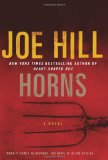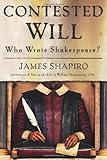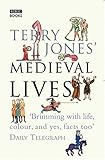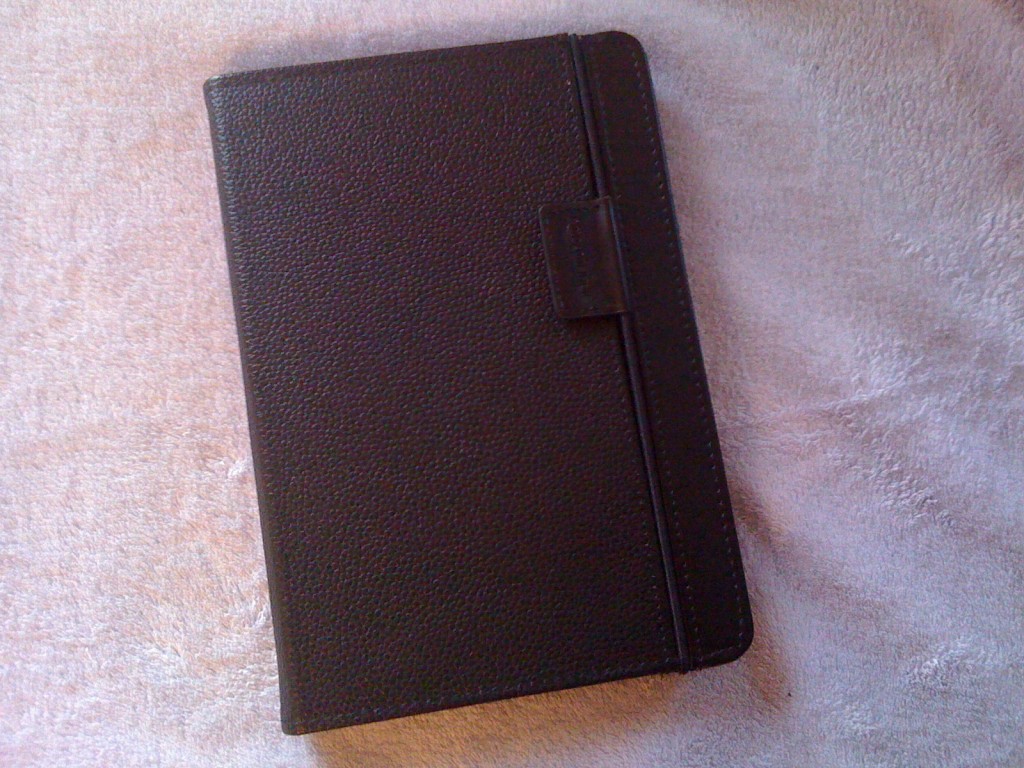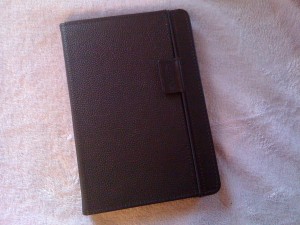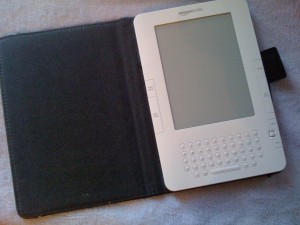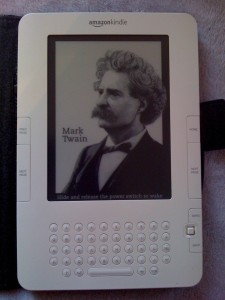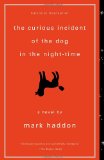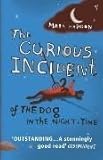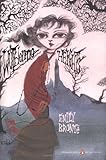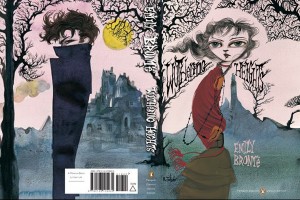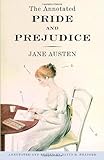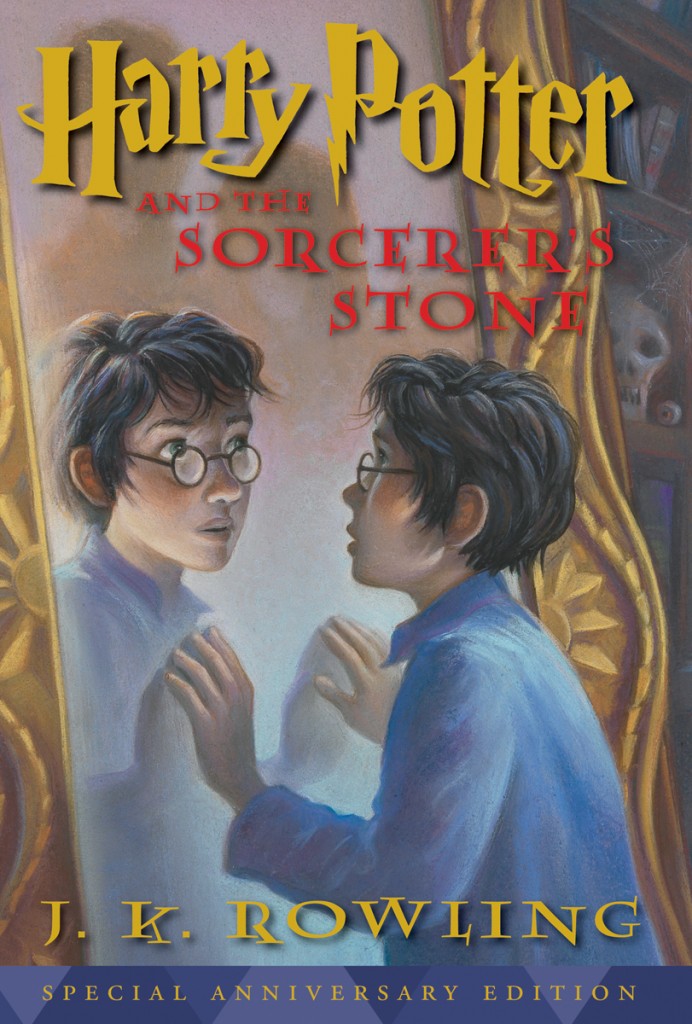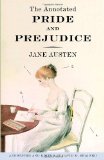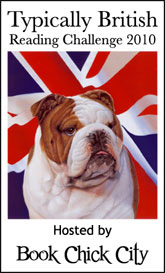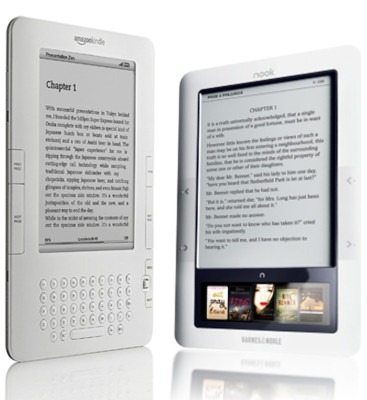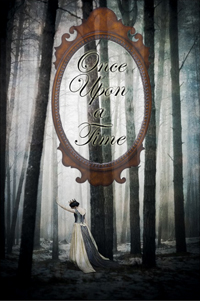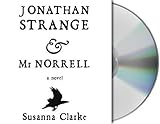 Susanna Clarke’s novel Jonathan Strange & Mr. Norrell breaks all the rules. It’s over 800 pages long. One of the title characters isn’t properly introduced until over 200 pages into the novel. Clarke develops the history of her world largely through incorporation of 185 footnotes. Generally any one of these things would cause me to gripe about a book, never mind all three. However, I’m not the first reviewer to say the novel, even at over 800 pages, seems too short—I wanted more. The late introduction of the charismatic Jonathan Strange serves only to further develop the mystery surrounding him and to establish the character of his counterpart—his teacher and rival—Mr. Norrell. And finally, the footnotes establish Clarke’s alternate history England as a world rich in magic and still every bit as real as our own world.
Susanna Clarke’s novel Jonathan Strange & Mr. Norrell breaks all the rules. It’s over 800 pages long. One of the title characters isn’t properly introduced until over 200 pages into the novel. Clarke develops the history of her world largely through incorporation of 185 footnotes. Generally any one of these things would cause me to gripe about a book, never mind all three. However, I’m not the first reviewer to say the novel, even at over 800 pages, seems too short—I wanted more. The late introduction of the charismatic Jonathan Strange serves only to further develop the mystery surrounding him and to establish the character of his counterpart—his teacher and rival—Mr. Norrell. And finally, the footnotes establish Clarke’s alternate history England as a world rich in magic and still every bit as real as our own world.
“Two magicians shall appear in England…”
The Learned Society of York Magicians, theoretical magicians, mind, not practical magicians, is confronted by Gilbert Norrell and forced to disband. Norrell, who has led a reclusive life of study in his library at Hurtfew Abbey in York, is suddenly thrust into London society. Eager to be of assistance to the government in the war against France, he makes an unwise alliance. Eventually, he gains a pupil in Jonathan Strange, but the two magicians part ways. Jonathan Strange delves into darker and more dangerous magic, while Norrell is unable to to see the dangers right under his own nose.
The book ties each strand of its storylines together in the ending, which will not satisfy all readers, but which I liked—the door is open for a sequel, or not, as Clarke wishes. Clarke evokes the characterization of Dickens, the storytelling of Austen, and the Romantic sensibilities of Byron (who appears as a character himself), all of which combine to create a book that seems wholly new and fresh—certainly unlike anything I’ve ever read before. This novel is obviously a commitment, but it pays off well in the end.
I listened to this book on audio, and Simon Prebble’s narration is wonderful. I love the distinct voices he gives to the characters. If I have any complaint, it is only that he changes the voice of Christopher Drawlight near the end and mispronounces the word sidhe. Minor quibbles in an excellent audio adaptation.
I read this novel for the Once Upon a Time Challenge, but it also makes the fifth book for the Typically British Reading Challenge.



